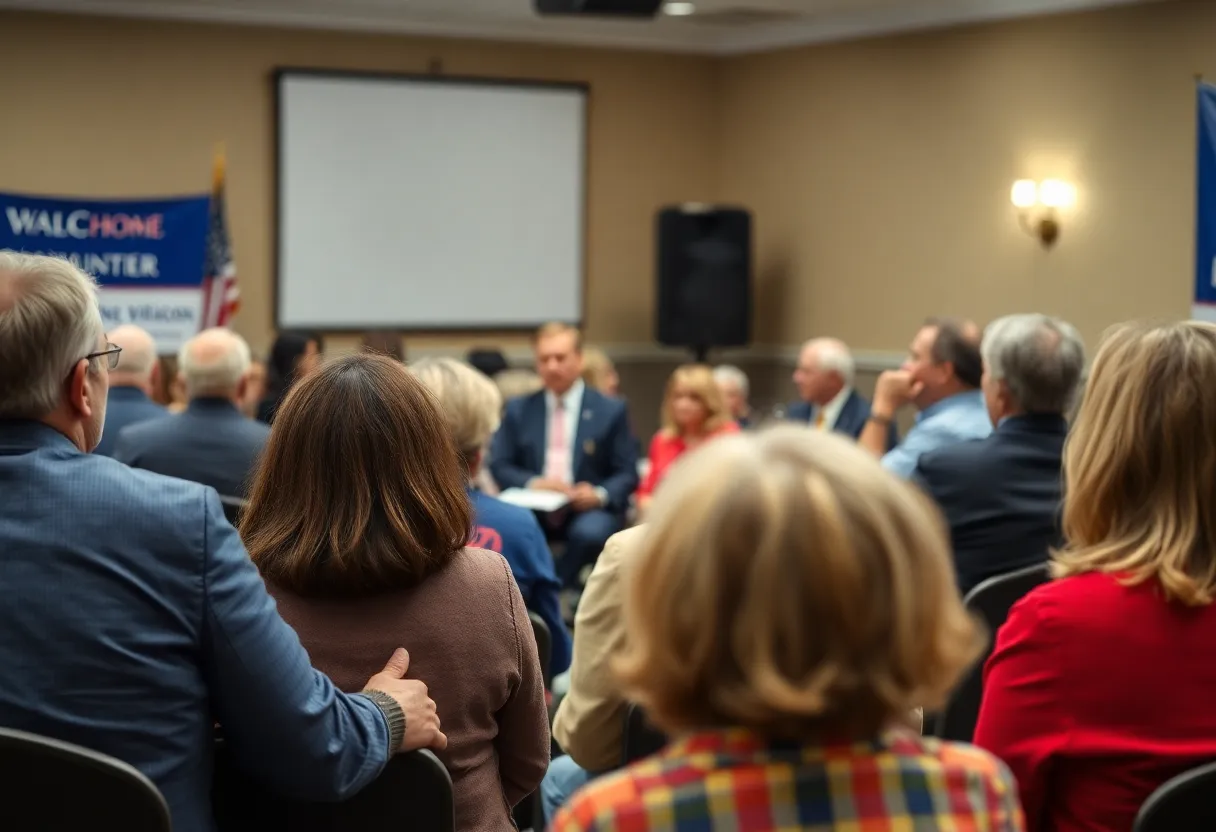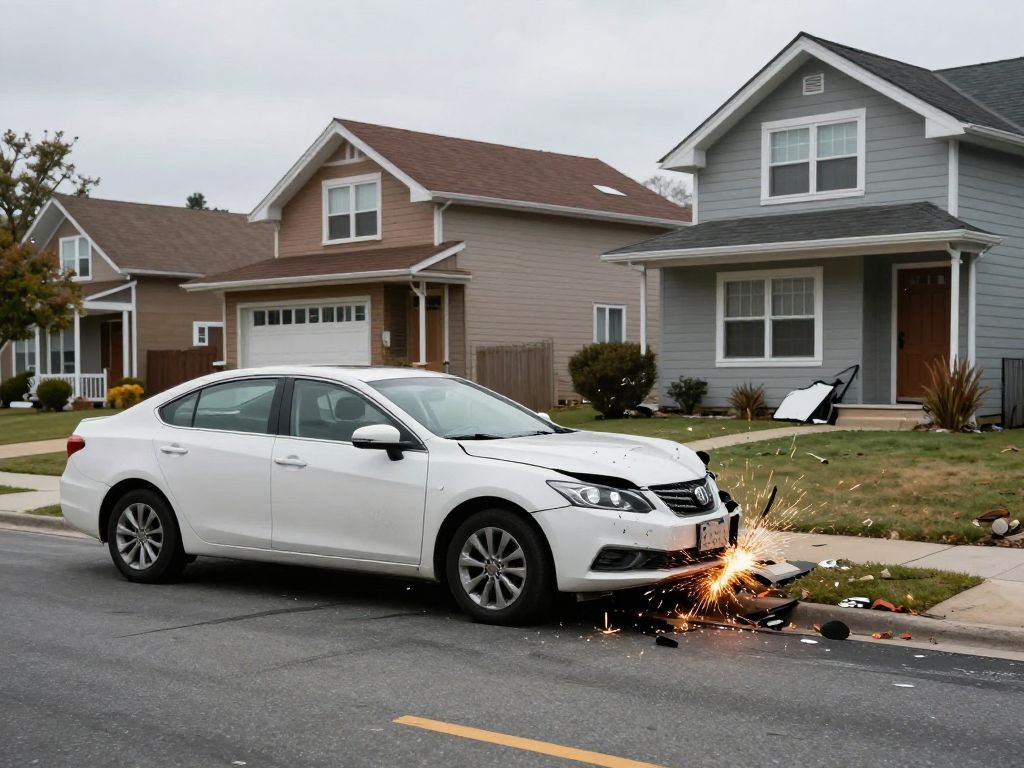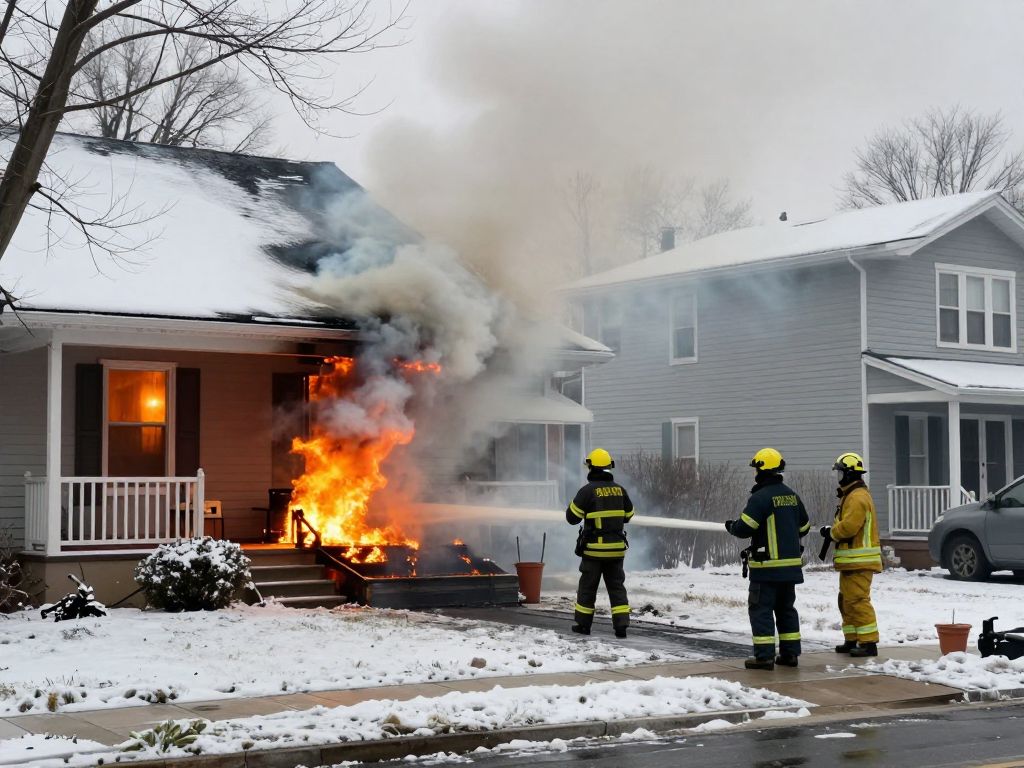Needham, Boston, September 4, 2025
News Summary
Boston Mayor Michelle Wu and challenger Josh Kraft participated in a gated forum in Needham, highlighting contrasting policy approaches ahead of the preliminary election. Key topics included housing affordability, public health, immigration, and education. The event was exclusive to the top-polling candidates, allowing them to present their ideas and respond to voter concerns, highlighting the stark differences in their visions for the city’s future.
Boston
Boston Mayor Michelle Wu and challenger Josh Kraft participated in a gated mayoral candidate forum on Wednesday at a media center in Needham, meeting separately in timed panels to present policy priorities and respond to voter concerns ahead of the city’s preliminary election. The event featured two separate 30-minute panel discussions, invited only the two frontrunners based on recent polls, and focused on housing affordability, immigration, public health and cleanliness, and other local priorities as the Sept. 9 preliminary approaches.
Top takeaways
The forum served as a platform for each candidate to outline contrasting approaches for Boston if elected to a full term. The incumbent emphasized the accomplishments of her first term while acknowledging ongoing challenges, particularly on housing. The challenger used the forum to present alternative policy proposals and critiques of city management and budgeting. Access to the event was restricted to the invited candidates; no public or media attendance was allowed, and several other mayoral contenders were not included.
Participants and format
- Participants: Michelle Wu (incumbent) and Josh Kraft (challenger).
- Format: Two separate 30-minute panels, one for each candidate, with questions on socioeconomic and municipal issues.
- Access: Closed to public and press; invitations limited to top-polling candidates.
- Partners: Event organized in collaboration with community organizations Embrace Boston and the Black Economic Council of Massachusetts.
Key policy differences and proposals
Housing affordability dominated discussion. The incumbent outlined programs enacted or expanded during her first term that increased affordable housing stock, introduced a pooled-resource program aimed at buying multi-family properties to preserve affordability, and created a residential conversion initiative to add housing units. She described progress on housing as incomplete, signaling a need for continued work.
The challenger proposed targeted incentives for landlords who keep rents lower, including a proposed tax rebate program, and suggested expanding eligibility programs for first-time homebuyers as a way to increase access to ownership and stabilize neighborhoods.
Public health, pests and city cleanliness
Both candidates addressed rat control and broader sanitation. The incumbent pointed to a current municipal rodent action plan and implementation steps taken during her administration. The challenger proposed creating a dedicated city department or unit focused specifically on pest control and coordinated sanitation response.
Education, immigration and transit
- Education: Rapid-fire and forum questions pushed candidates to address school conditions and delayed capital projects. Both signaled support for completing long-delayed school renovations, including commitments to finish the Madison Park Technical Vocational High School project discussed at an earlier forum.
- Immigration: Both candidates expressed solidarity with immigrant communities and pledged protections at the city level in the face of federal immigration pressures.
- Transit: The incumbent expressed a long-term aim for a more accessible and reliable public transit system; the challenger emphasized improvements to public schools and city services.
Campaign finance, excluded candidates, and election timetable
Financial disparities among candidates were noted. The incumbent reported about $2.4 million in campaign cash on hand. The challenger has spent a significant amount on his campaign and reported about $147,740 remaining. A long-shot candidate not included in the forum reported roughly $1,600 in cash on hand, highlighting large funding gaps among contenders.
The forum excluded other declared candidates, including Robert Cappucci and Domingos DaRosa; DaRosa is campaigning as a long-shot and faces particular challenges with fundraising compared with the top-polling contenders.
Key dates and voting windows: Early voting ran from Aug. 30 through Sept. 5. The municipal preliminary election is scheduled for Sept. 9, which will narrow the field to two finalists. The city’s general election is scheduled for Nov. 4.
Context and recent activity
The Needham forum followed another candidate forum held two days earlier where multiple candidates addressed education and delayed capital projects. That earlier gathering included discussion of the Madison Park renovation and produced cross-candidate commitments to complete stalled work. The Needham event provided another opportunity for the top two candidates to sharpen contrasts ahead of the preliminary, reinforcing differences on budget priorities, housing strategy, and municipal services while signaling areas of shared concern such as immigrant protections and completing school improvements.
Next steps for voters
- The preliminary election on Sept. 9 will reduce the mayoral field to two finalists who will advance to the Nov. 4 general election.
- Voters who have not yet cast ballots could have used the early voting window that closed on Sept. 5.
- Campaign finance reports and subsequent candidate forums are expected to continue shaping the conversation in the remaining weeks before the preliminary.
FAQ
Who participated in the Needham mayoral forum?
The forum featured two candidates: incumbent Mayor Michelle Wu and challenger Josh Kraft. Other candidates were not invited based on recent poll standings.
Where and how was the forum held?
The forum took place at a media center in Needham and consisted of separate 30-minute panels for each invited candidate. The event was closed to the public and press and was organized with local community partners.
What issues were discussed?
Major topics included housing affordability, immigration policy, city cleanliness and rodent control, education and delayed school renovations, public transit goals, and budget priorities.
What were the main policy proposals from each candidate?
The incumbent highlighted housing programs enacted during her first term, a pooled-resource program to preserve multi-family homes, and a residential conversion initiative, while acknowledging ongoing work is needed. The challenger proposed landlord tax rebates for lower-rent units and expanded first-time homebuyer eligibility, and suggested creating a dedicated city pest-control unit.
When are the upcoming election dates?
The preliminary election is scheduled for Sept. 9, with early voting having been available from Aug. 30 to Sept. 5. The general election is set for Nov. 4.
How do campaign finances compare among candidates?
Reported campaign cash-on-hand figures show the incumbent with approximately $2.4 million, the challenger with about $147,740, and a long-shot candidate with roughly $1,600.
Quick reference table
| Item | Details |
|---|---|
| Event | Mayoral candidate forum with separate 30-minute panels for each invited candidate |
| Location | Media center in Needham |
| Participants | Michelle Wu (incumbent), Josh Kraft (challenger) |
| Excluded candidates | Robert Cappucci, Domingos DaRosa (among others) |
| Major topics | Housing, immigration, rodent control/city cleanliness, education, transit, city budget |
| Early voting | Aug. 30 − Sept. 5 |
| Preliminary election | Sept. 9 |
| General election | Nov. 4 |
| Campaign cash on hand | Wu: $2.4M · Kraft: $147,740 · DaRosa: ~$1,600 |
Deeper Dive: News & Info About This Topic
HERE Resources
Boston Mayoral Candidates Discuss Key Issues at Forum
Boston Mayoral Forums Set to Address Socioeconomic Issues
Boston Election Department Implements Major Changes Ahead of Preliminary Vote
Boston City Council Faces Controversy Amid Election Changes
Boston Mayoral Race Approaches Preliminary Election
Boston Prepares for Preliminary Municipal Election
Josh Kraft Accuses Wu Administration of Delaying Hearings Ahead of Election
Boston City Council to Address Public Health Emergency at Mass and Cass
Massachusetts Approves $15 Million for Housing Development
Boston Preliminary Mayoral Election Set for September 9
Additional Resources
- NBC Boston: Mayor Forum Updates
- Boston Herald: Long-Shot Candidate Outshines
- Boston Globe: Wu-Kraft Mayoral Forum
- Boston.com: 5 Takeaways from Candidate Forum
- Boston 25 News: Mayoral Candidates Face-Off
- Wikipedia: Boston
- Google Search: Boston Mayor Election 2025
- Google Scholar: Boston Mayoral Forum
- Encyclopedia Britannica: Boston
- Google News: Boston Mayor

Author: STAFF HERE BOSTON WRITER
The BOSTON STAFF WRITER represents the experienced team at HEREBoston.com, your go-to source for actionable local news and information in Boston, Suffolk County, and beyond. Specializing in "news you can use," we cover essential topics like product reviews for personal and business needs, local business directories, politics, real estate trends, neighborhood insights, and state news affecting the area—with deep expertise drawn from years of dedicated reporting and strong community input, including local press releases and business updates. We deliver top reporting on high-value events such as Boston Marathon, Head of the Charles Regatta, and Boston Harborfest. Our coverage extends to key organizations like the Greater Boston Chamber of Commerce and Associated Industries of Massachusetts, plus leading businesses in finance, biotech, and insurance that power the local economy such as Fidelity Investments, Biogen, and Liberty Mutual Insurance. As part of the broader HERE network, we provide comprehensive, credible insights into Massachusetts's dynamic landscape.





